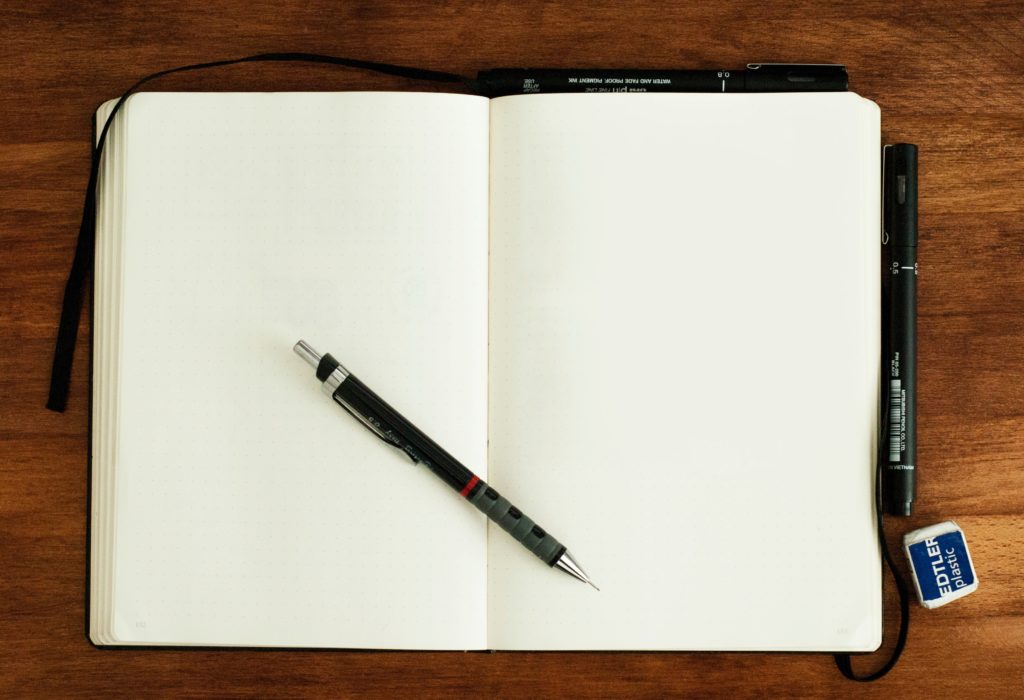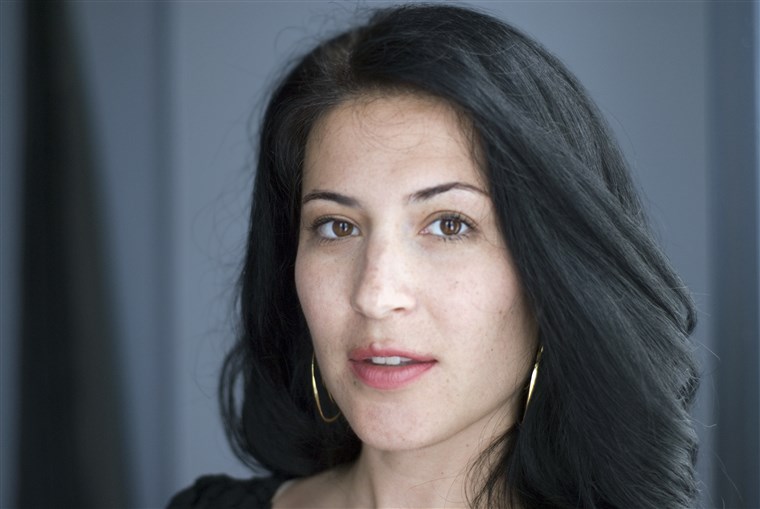
I want to make a sacrilegious argument. If you want to be a better writer, don’t write. At least, not for a while.
How can that be? How can you improve if you’re not consistently practicing your craft, day in and day out?
If you’re like me, every day that passes without a word, a line, a paragraph written, seems like a day wasted. It brings to mind the French writer Simone de Beavuoir’s observation that I recently quoted: “A day in which I don’t write leaves a taste of ashes.” Not to mention that the motto at the end of my newsletters is “Never a day without a line.”
But there’s also something to be said, some writers argue, for letting the well of creativity fill up again after you’ve finished a story.
Whether you’re writing full time or on the side, as many do, fallow periods may be just what you need, these writers say. Journalists and freelancers dependent on constant output may not have this option, of course, but they can take mini-breaks if they intelligently manage their time.
There’s an agricultural analogy that supports the argument of not writing. For a while at least.
It’s not uncommon for farmers to plow their fields some seasons, but leave them unsown in order to restore their fertility.
The notion is reassuring because I’m suffering from an on-and-off spell of writer’s block. The days when I work productively on a fiction project are sadly outnumbered by those where I’ll do anything else. Incessant checking of my Twitter feed is a diverting substitute. Days have slipped by without my fingers touching the keyboard, except for producing my newsletters. The fog of self-doubt lifts some days, but even then my word count has amounted to just a few lines or scribbled phrases in my daybook.
As writers, we agonize over writer’s block, that occupational curse that holds our words at bay. But in “Maybe the Secret to Writing is Not Writing,” a provocative essay for Lit Hub I stumbled upon the other day, Kate Angus makes a persuasive case for taking a break.
“These days I’ve come to believe that it’s natural for many of us to go through periods when we put words to the page and times when we can’t. Maybe we can accept that we aren’t blocked at all,” she writes, “and that resting might just be part of our process.”
That’s what Roy Peter Clark, the influential writing teacher and my former colleague at The Poynter Institute, has been saying for decades. He turns the notion of procrastination on its head by urging writers to eschew negative self-talk when the writing machine spins to a halt.
“Turn your little quirks into something productive,” Clark says in “Writing Tools,” his best-selling guidebook. “Call it rehearsal or preparation or planning.”
It’s a potent solution, one that removes the stigma of writer’s block, replacing it with something positive.
Clark’s got a point. Your mind doesn’t shut off when you’re not writing. You’re still observing, an actor rehearsing a role, watching people and soaking up insights into the human condition — the subject matter of all great literature. Your mind still teems with story ideas, echoes with dialogue and creates possible characters. Like police officers, the writer is never really off-duty.
Angus quotes poet t’ai freedom ford (cq), who says there are “large swaths when I’m not actually writing, but I am doing lots of things to stimulate my muses and so I count it as writing. In that way, I don’t really believe in writer’s block, because when I consider the elements of my process, I’m most always writing (even if it’s only in my head).”
There are some who take the merits of not writing even further.

Poet Ada Limón feels ‘like there should be a permission slip for writers. Something you can sign for someone that says, ‘You don’t always have to write,’” she says in the essay. “You have permission to just be in the world and grieve and laugh and live and do your damn laundry. Writing comes when it comes, and it’s not the most important thing. You and all the little nuisances and nuances of life are what matter most. Don’t miss this gorgeous mess by always trying to make sense of it all.”
Taking a break isn’t without its risks. Ceasing regular writing may make it difficult to restart the habit.
Part of my problem is that I put aside my project while I finished a long short story besides my regular compendia of writing advice. I found it hard to regain my momentum, especially in the times of trouble we’re all living through. It’s hard not to be distracted and depressed by the steady drumbeat of tragic news, the pressures of pandemic and the gnawing uncertainty of life under quarantine even if, like me, you’ve been lucky enough to be spared personal loss. For those who haven’t please accept my deepest sympathies.
To deal with the fact that I’m writing less than I want or should, I’m reading more.
I’m savoring the acclaimed “Collected Short Stories of John Cheever,” 61 stories by the 20th-century master stylist called the “Chekhov of the suburbs.” Rarely does a page go by when I’m not copying out phrases, sentences or whole paragraphs to cherish, learn from and try to imitate. Reading generates writing. It amounts to a slow re-entry. I recommend it highly.
I may not generate hundreds of words at a stretch right now, but on walks with my dog, Leo, or by myself, I’ve been trying out scenes and staging imaginary plot points. They circulate in the back of my mind where I hope they will grow into something potent.
After reading Angus’s essay, I’ve been trying not to beat myself up if I deviate from my writing schedule, even though I still fear I’ll lose velocity and, heaven forfend, give up.
In the meantime, I’m learning to trust my subconscious. And I think it’s paying off. In recent days, I have found myself writing again, feeling excitement and energy rather than despair and inertia. The other morning I woke and couldn’t wait to start writing. I soon hit my daily word count and then nearly doubled it. And for the first time in a long time, I liked what I saw. Even a short break had topped off the tank of my creativity.
I think Angus and Limón make a valid point. Eventually, that farmer who lets his field go fallow for a season or more will plant again. With the soil replenished by time and the cattle and horses who graze upon it, the crop will be greater, richer. Who’s to say that won’t be the case if you set aside your writing, to soak in the “gorgeous mess” of life? You’ll have a wealth of material to draw on when you return to your desk and the chance for a harvest far greater than what came before.